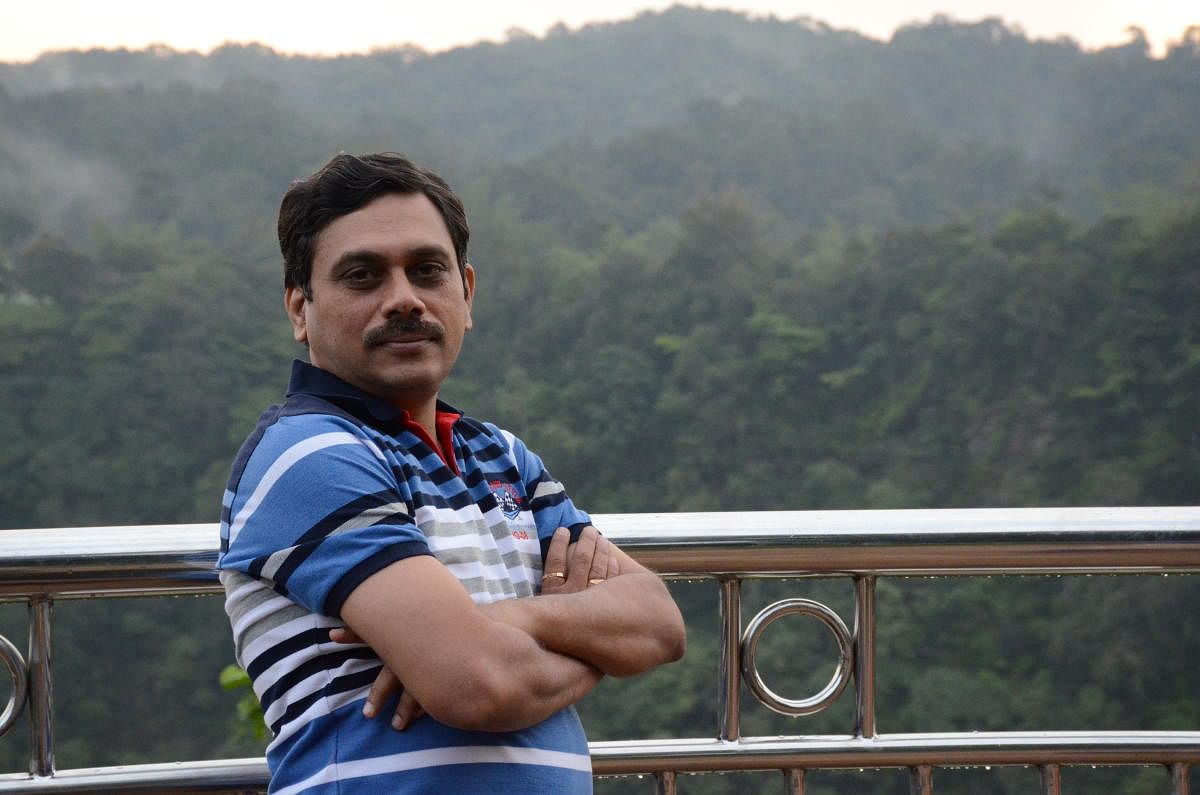
April 1 is an important day in the history of the harmonium. All India Radio has scheduled a Hindustani classical solo by Ravindra Katoti on its National Programme of Music.
"It is a historical moment not just for me but for the instrument as well," says Katoti. "It's after more
than four decades that this opportunity has come about."
The harmonium has had a chequered history. Nehru's information and broadcasting minister B V Keskar had banned the instrument on radio, clubbing it with film music and cricket commentary.
Elated by the AIR's decision to accord it a place of honour again, Katoti, a resident of Basaveshwara Nagar in Bengaluru, says, "The harmonium was considered a foreign instrument not suitable for Indian classical music. There was a stigma attached to it."
Now with this initiative, it opens up an opportunity for more harmonium players to present their solo skills.
"AIR is the perfect platform. It has made immense contributions to promote classical music," he adds.
Recollecting the ups and downs of the instrument, he says, "Till 1972, the harmonium was totally prohibited on radio. From 1972-1974, it was allowed both as a solo and an accompaniment. From 1974, it was allowed only as an accompaniment."
"The harmonium has its pros and cons, like any other instrument. Since we Indians assimilate everything foreign into our culture, we have assimilated this instrument well," says Katoti, who is the moving spirit behind Bijapure Harmonium Foundation, based in Bengaluru and named after his guru Rambhau Bijapure.
The harmonium is seen in every nook and corner of our country, and Katoti has made consistent efforts over at least a decade to promote it by collaborating with a diverse variety of artistes.
"My students are also making efforts to grow as solo and accompanying artistes," he adds.
Dr N Raghu, Assistant Director, Programmes, AIR says, "The AIR Directorate has confirmed it is after a long gap of about 50 years that a harmonium solo is being introduced," he says.
"Schools of Hindustani music have varied opinions about the propriety of using the harmonium as an accompaniment. Some say it masks the mistakes of a vocalist and as a solo instrument is not able of executing all the aesthetic components of a raga rendition," he says.
In Hindustani music, the bends and slides of the note are basic. Unlike a violin, the harmonium cannot play microtones, or the tones between its keys.
"It is not an ideal instrument---the way no voice can be ideal," says Raghu.
He believes the AIR is giving due acclaim to Katoti by choosing him to resume harmonium solos, "as a consideration for the artiste and achiever that he is."
A harmonium artiste himself, Raghu started learning the instrument when he was just eight. "Every composer should play an instrument. I learnt the harmonium and that prompted me to become a composer," he says.
Tune in
The harmonium solo will be broadcast on AIR at 10.30 pm on all AIR 'A' stations on April 1.
Why it was out
* The harmonium can't play Indian graces.
* It masks vocalist's mistakes.
A lot in its defence
Some of India's greatest classical vocalists are accompanied by the harmonium at their concerts. The other instrument used to accompany classical vocalists, the
sarangi, is more difficult to master, and has fewer players. Champions of the harmonium admit it may not be perfect, but it is portable, easy to maintain, and sounds good in the right hands.
